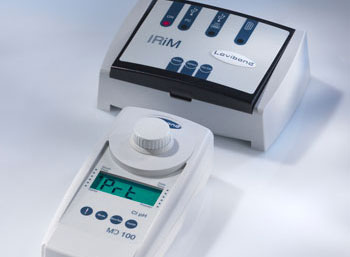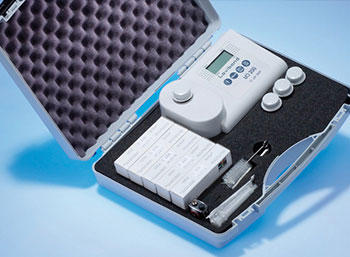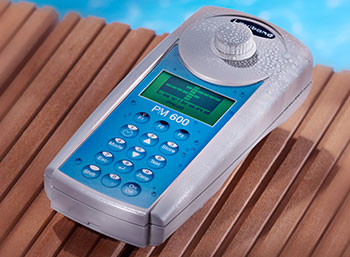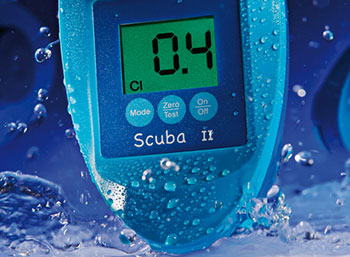Why You Should Regularly Test Your Swimming Pool Water
As a pool owner, ensuring your swimming pool water remains clean, safe, and healthy is a top priority. The water quality of your pool plays a crucial role not only in protecting the swimmers but also in maintaining the integrity of your pool’s equipment and surfaces. One of the most effective ways to keep your pool in optimal condition is through periodic water testing. Here’s why testing your swimming pool water regularly is essential for long-term enjoyment and safety.
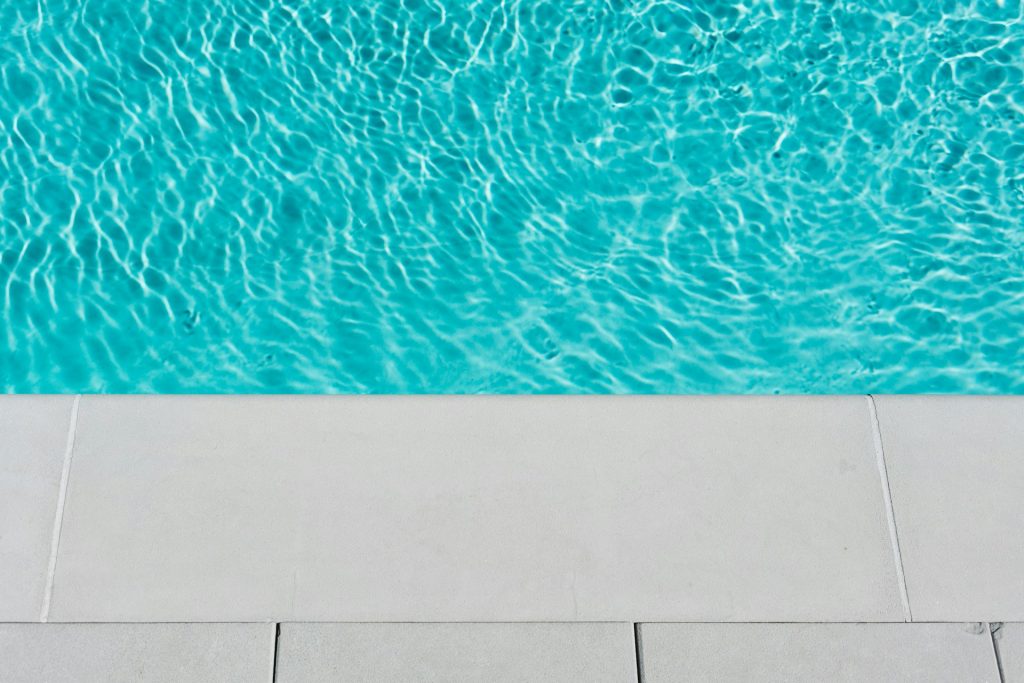
Understanding Pool Water Chemistry
Pool water is a delicate balance of various chemicals, each playing a vital role in keeping your pool safe for swimmers. Maintaining the right levels of pH, alkalinity, calcium hardness, and sanitizer levels (like chlorine) is essential for preventing bacteria growth, algae, and other contaminants. Regular testing ensures that these chemicals stay within the recommended range, which varies depending on several factors, including climate, pool usage, and the type of pool.
When pool water becomes imbalanced, it can result in cloudy water, skin and eye irritation, equipment corrosion, and even algae growth. Additionally, improper water balance can cause scaling, staining, and damage to pool surfaces, leading to costly repairs. The only way to monitor and adjust these parameters accurately is through regular water testing.
Preventing Health Hazards
One of the most significant reasons to test your swimming pool water is to ensure it’s free of harmful bacteria and pathogens. Pools are prime breeding grounds for germs, especially if the water chemistry is off. Regular water testing helps you monitor the sanitizer levels, like chlorine or bromine, which are responsible for keeping these harmful microorganisms at bay.
A pool water testing kit allows you to quickly measure chlorine levels, pH, alkalinity, and other crucial factors that directly influence the water’s safety. Inadequate sanitizer levels can result in bacterial infections, skin rashes, and eye irritation for swimmers. High or low pH levels can also cause discomfort or make the sanitizer less effective. Keeping your pool water balanced reduces the risk of these issues and ensures a safe, enjoyable swimming experience for everyone.
Water Quality and Aesthetics
Cloudy or green water is not only unappealing, but it also signals a problem with your pool’s water balance. Algae growth, poor filtration, and inadequate sanitation all contribute to murky water, which is a common sign that the water needs attention. Regular pool water testing with a water testing kit allows you to detect imbalances early and address the issue before it worsens.
For example, if your pool water’s chlorine levels are too low, algae can quickly take hold, turning your pool water a dull green. Similarly, high levels of calcium can cause cloudy water and scale build-up, which can damage pool tiles and surfaces. Testing your pool water regularly gives you the tools to keep it clear, clean, and inviting.
How Often Should You Test Your Pool Water?
For the best results, it’s recommended that you test your pool water at least once a week. However, during periods of high usage or extreme weather conditions, such as heavy rainfall or hot temperatures, more frequent testing may be necessary. Additionally, if you notice any changes in water quality, like cloudiness, a change in colour, or unusual odours, take a water sample for testing right away.
With a water rapid test, you can get quick, accurate results in just a few minutes. These tests are ideal for pool owners who need to monitor their water chemistry frequently but don’t have the time for extensive testing processes.
How to Use a Water Testing Kit
Using a water testing kit is simple, and most kits include everything you need to get started. Here’s a quick guide on how to use it:
- Collect a Sample: Use a clean container to collect water from about 18 inches below the surface of the pool. Be sure to take the sample from the middle of the pool to get a representative reading.
- Test the Water: Follow the instructions provided with your kit. Most kits will require you to add a few drops of reagent to a sample of pool water, and then compare the colour change to a colour chart to determine your water’s chemical balance.
- Adjust the Chemicals: Based on the results, you can add the necessary chemicals (like pH increaser, chlorine, or alkalinity adjustments) to bring your water back into balance. Be sure to retest the water after a few hours to ensure the chemicals have had time to mix.
- Keep a Log: Tracking your water test results over time will help you monitor changes and detect any trends. This can help you identify recurring issues, ensuring you stay ahead of potential problems.
By following the simple steps of collecting a water sample, testing it with your kit, adjusting the chemicals accordingly, and tracking your results, you can ensure your pool remains in top condition. Regular testing gives you the control and confidence to maintain balanced water, providing a safer and more enjoyable swimming experience.
Convenience of Water Rapid Test
For pool owners looking for a faster, more convenient option, water rapid tests are a great choice. These tests provide results in minutes, allowing you to quickly assess your water quality and take immediate action if needed. Many rapid tests are designed for ease of use, requiring minimal steps to get reliable results, making them ideal for busy pool owners.

The Benefits of Regular Pool Water Testing
The benefits of regular water testing extend beyond just maintaining the health and safety of your pool. By keeping your pool water balanced, you can also:
- Save Money: Prevent costly repairs and replacements of pool equipment by keeping the water chemistry balanced.
- Save Time: Preventing water issues before they escalate saves you time spent troubleshooting or fixing problems.
- Increase Pool Longevity: Proper water chemistry reduces wear and tear on pool surfaces, filters, and plumbing, extending the overall life of your pool.
Regular pool water testing not only helps you maintain safe, clean, and clear water but also prevents costly repairs and extends the life of your pool. By staying on top of water chemistry, you save time, money, and effort while keeping your pool in the best possible condition for years to come.
Conclusion
Incorporating regular water testing into your pool maintenance routine is a small investment that yields substantial benefits in the long run. By using a water testing kit or water rapid test, you ensure that your pool remains clean, safe, and enjoyable for swimmers. This proactive approach helps maintain optimal water quality, keeps pool equipment in top shape, and reduces the likelihood of health hazards.
Testing your swimming pool water isn’t just about keeping things looking good, it’s about ensuring your pool is a safe, reliable space for fun and relaxation. By making regular water testing a priority, you can rest easy knowing your pool is in the best possible condition. Contact Waterlilly Australia today at 02 9798 9975 or visit our enquiry page to learn more about our water testing kits and how we can help you maintain perfect pool water with ease.
This entry was posted in Uncategorized and tagged rapid water test, water testing kit. Bookmark the permalink.
